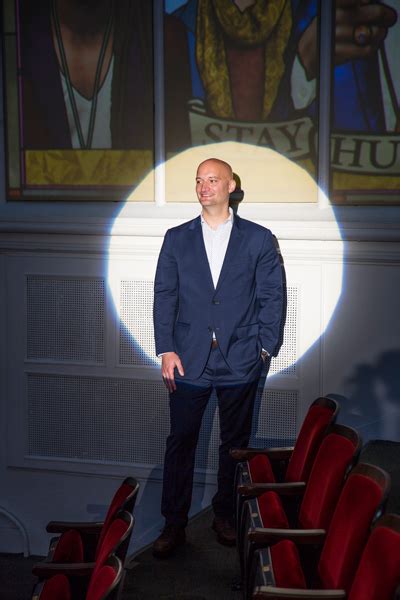A Quote by Victor Hugo
In the relations of man with the animals, with the flowers, with all the objects of creation, there is a whole great ethic, scarcely perceived as yet, which will at length break through into the light, and which will be the corollary and the complement to human ethics.
Related Quotes
I believe that pity is a law like justice, and that kindness is a duty like uprightness. That which is weak has a right to the kindness and pity of that which is strong. In the relations of man with the animals...there is a great ethic, scarcely perceived as yet, which will at length break through into the light, and which will be the corollary and the complement to humans ethics. Are there not here unsounded depths for the thinker? Is one to think oneself mad because one has the sentiment of universal pity in one's heart?
Thought cannot avoid the ethical or reverence and love for all life. It will abandon the old confined systems of ethics and be forced to recognize the ethics that knows no bounds. But on the other hand, those who believe in love for all creation must realize clearly the difficulties involved in the problem of a boundless ethic and must be resolved not to veil from humankind the conflicts which this ethic will involve us, but allow us really to experience them. To think out in every implication the ethic of love for all creation this is the difficult task which confronts our age.
Ethics has not only to do with mankind but with the animal creation as well. This is witnessed in the purpose of St. Francis of Assisi. Thus we shall arrive that ethics is reverence for all life. This is the ethic of love widened universally. It is the ethic of Jesus now recognized as a necessity of thought...Only a universal ethic which embraces every living creature can put us in touch with the universe and the will which is there manifest.
Theirs is the banner in my hand. And I wish I had the power to tell them that the despair of their hearts was not to be final, and their night was not without hope. For the battle they lost can never be lost. For that which they died to save can never perish. Through all the darkness, through all the shame of which men are capable, the spirit of man will remain alive on this earth. It may sleep, but it will awaken. It may wear chains, but it will break through. And man will go on. Man, not men. ~Equality 7-2521 (as Prometheus), pgs 103-104
Nature is not something to be fought, conquered and changed according to any human whims. To some extent, of course, it has to be used. But what man should seek in regard to nature is not a complete domination but a modus vivendi - that is, a manner of living together, a coming to terms with something that was here before our time and will be here after it. The important corollary of this doctrine, it seems to me, is that man is not the lord of creation, with an omnipotent will, but a part of creation, with limitations, who ought to observe a decent humility in the face of the inscrutable.
Leisure, itself the creation of wealth, is incessantly engaged in transmuting wealth into beauty by secreting the surplus energy which flowers in great architecture, great painting and great literature. Only in the atmosphere thus engendered floats that impalpable dust of ideas which is the real culture. A colony of ants or bees will never create a Parthenon.
As Heinz Pagels has said, The challenge to our civilization which has come from our knowledge of the cosmic energies that fuels the stars, the movement of light and electrons through matter, the intricate molecular order which is the biological basis of life, must be met by the creation of a moral and political order which will accommodate these forces or we shall be destroyed. It will try our deepest resources of reason and compassion.
The thinking man must oppose all cruel customs no matter how deeply rooted in tradition or surrounded by a halo. We need a boundless ethics which will include the animals also. My life is full of meaning to me. The life around me must be full of significance to it. If I want others to respect my life, then I must respect the other life I see however strange it may be to mine. Ethics in our western world has hitherto been largely limited to the relation of man to man... but that is a limited ethics.
































